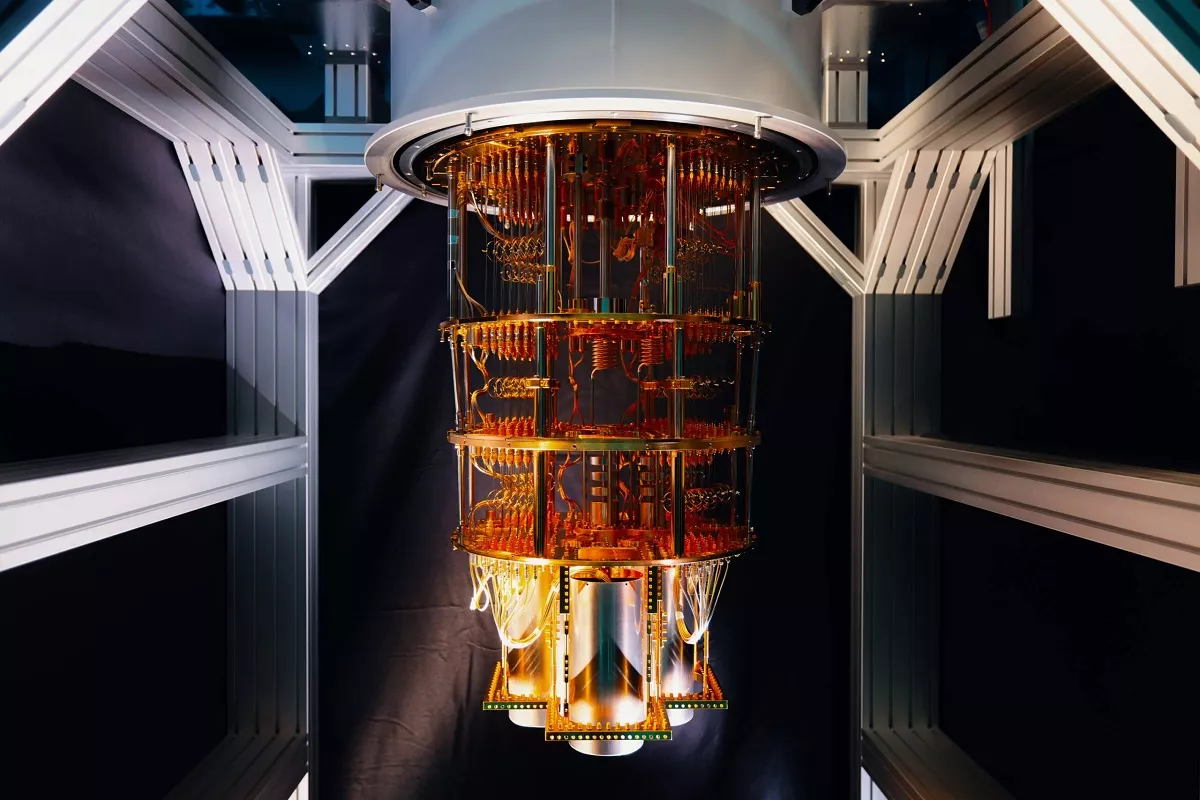US government agency on Tuesday named four technologies it expects will maintain computer data mystery when quantum computers are sufficiently experienced to crack the present encryption tech. It’s a key step in getting computers against possibly revolutionary new technology.
Scientists showed as far as possible back in 1994 that quantum computers could break mainstream encryption technology on the off chance that the progress in quantum computers could be supported adequately long. Starting around 2016, the US Commerce Department’s National Institute of Standards and Technology has managed a hunt to design and test post-quantum cryptography tech to protect that data.
Of the four technologies that the national institute picked, two are supposed to be all the more generally utilized.
One, called Crystals-Kyber, is for laying out digital keys that two computers need to share encoded data. Different, Crystals-Dilithium, is for signing encoded data to affirm who sent the data. It’ll probably adopt two years for the strategies to be standardized enough for incorporation into the present software and hardware.
Quantum computers have been steadily progressing, yet it will probably still require long stretches of work to make machines that are reliable and strong enough to crack encryption. In any case, supporting encryption currently is an urgent issue.
It requires a very long time to track down new encryption methods, guarantee they’re safe, and install them generally. What’s more, government offices and hackers can harvest the present sensitive information with the expectation they’ll have the option to crack it later when the data will in any case be valuable.
We accept 10 to 15 years is a usually held viewpoint on the time scales for the attack. In any case, with the possibility of ‘hack presently, decrypt later,’ the attacks might have proactively started.
In spite of the fact that quantum computers stay juvenile today, a host of startups and tech giants like Google, IBM, Microsoft, Amazon, and Intel are pouring research dollars into development and gaining consistent if incremental headway.
Experts anticipate that quantum computers should augment the ability of old-style machines with new specialist capacities in tasks like tracking down new materials and medicines from the molecular level and optimizing manufacturing.
Quantum processing
Ordinary folks presumably need not stress a lot over the threat of quantum computers later decrypting their data, said 451 Group analyst James Sanders.
“What’s the value of your sensitive information 1, 5, 10, 20, or more years later? For organizations or government, this is to a greater extent a pressing concern, however for regular individuals, things like credit card numbers are turned frequently sufficient that this hazard isn’t sufficiently extreme to mind,” he said.
Quantum computers likewise could subvert cryptocurrencies, which additionally utilize the present cryptography technology.
The National Institute of Standards and Technology picked four technologies for standardization to some degree since it needs a diverse set for various situations and in light of the fact that a wider variety safeguards against any future weaknesses that are discovered. To protect against a portion of those possible weaknesses, numerous experts suggest hybrid encryption that utilizes both conventional and post-quantum methods.
Preferably, a few algorithms will arise as great decisions. It’s assessing a few different up-and-comers at the present time.
NIST has been bit by bit limiting the rundown of post-quantum possibility for quite a long time, combining some with comparable methodologies and dismissing others with issues. One technology for digital marks called Rainbow came to the third round before an IBM researcher sorted out this year it very well may be cracked at the “weekend on a laptop“.
More slow execution of post-quantum cryptography
One obstacle for post-quantum cryptography is that it’s not as quick in certain situations.
Quantum-safe digital marks will cause a marginally greater expense.
Google sees a stoppage in the scope of 1% to 3%, said Nelly Porter, a quantum technology master at the organization.
That may not seem like a great deal, but rather it is for an organization with as much organization traffic as Google, which is the reason it’ll require a hardware speed increase to utilize post-quantum encryption. Google has broadly tried different post-quantum technology to attempt to highlight issues like more terrible correspondence inactivity.
At our scale, you wouldn’t have the option to turn it on as a matter of course for everything.
NXP is fostering a gas pedal chip to speed things up by utilizing the technologies that NIST has started normalizing and hopes to deliver them when the actual standards are done by 2024.
The hardware speed increase will be expected specifically for gadgets with restricted handling power and memory, said Joppe Bos, NXP’s senior head cryptographer.
Embracing post-quantum encryption
Despite the fact that NIST is just now naming its most memorable standards, a few organizations as of now have started creating, utilizing, and offering post-quantum encryption in items:
IBM’s most recent z16 centralized servers support the two Crystals-Kyber and Crystals-Dilithium, technologies IBM itself created.
Google has tried a few post-quantum encryption technologies and hopes to take on them to protect inside and outside network traffic. Its tests uncovered a few inconsistencies that colleagues have tended to, it said Wednesday.
The NATO Cyber Security Center has started testing post-quantum encryption technology from a British organization called, fittingly, Post-Quantum.
Amazon Web Services, an immensely generally involved starting point for the vast majority of other organizations’ processing needs, offers Kyber encryption technology support.
Infineon offers a chip used to protect gadgets from firmware refreshes in any case helpless against quantum computers that could sneak malware onto gadgets.
Guest Blog Post — Public Domain



